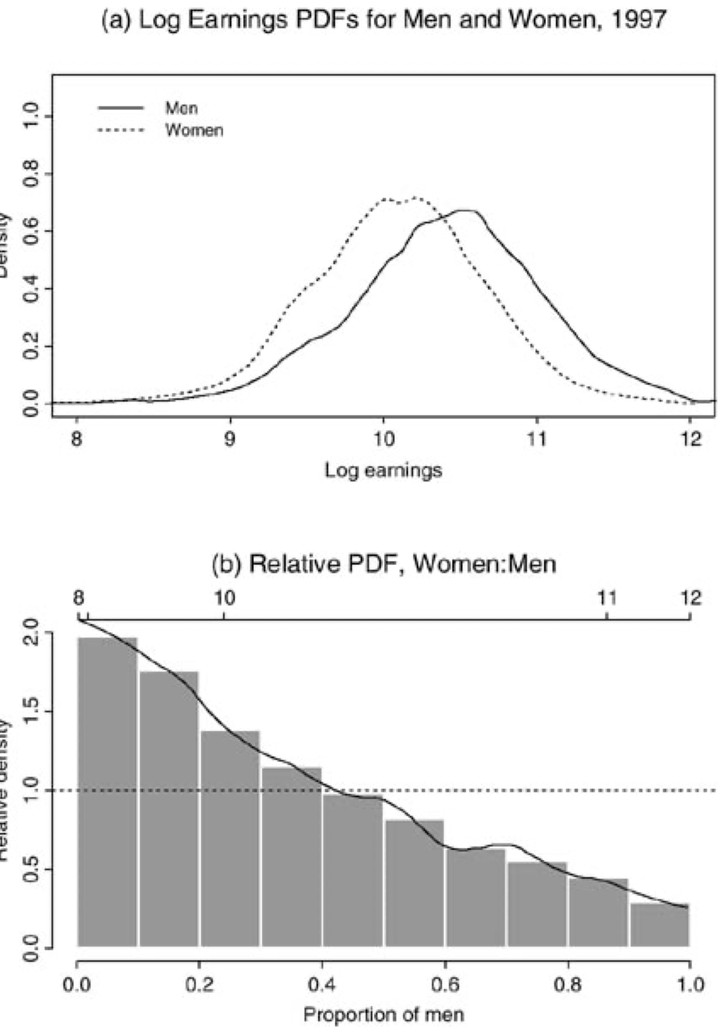
Abstract
This is a entry in the ‘The SAGE encyclopedia of social science research methods’, edited by M. S. Lewis-Beck, A. Bryman, and T. Futing Liao on relative distribution methods, which I was creator of.
Differences among groups or changes in the distribution of a variable over time are a common focus of study in the social sciences. Traditional parametric models restrict such analyses to conditional means and variances, leaving much of the distributional information untapped. Relative distributional methods aim to move beyond means-based comparisons to conduct detailed analyses of distributional difference. As such, they present a general framework for comparative distributional analysis.
Type
Publication
The SAGE encyclopedia of social science research methods